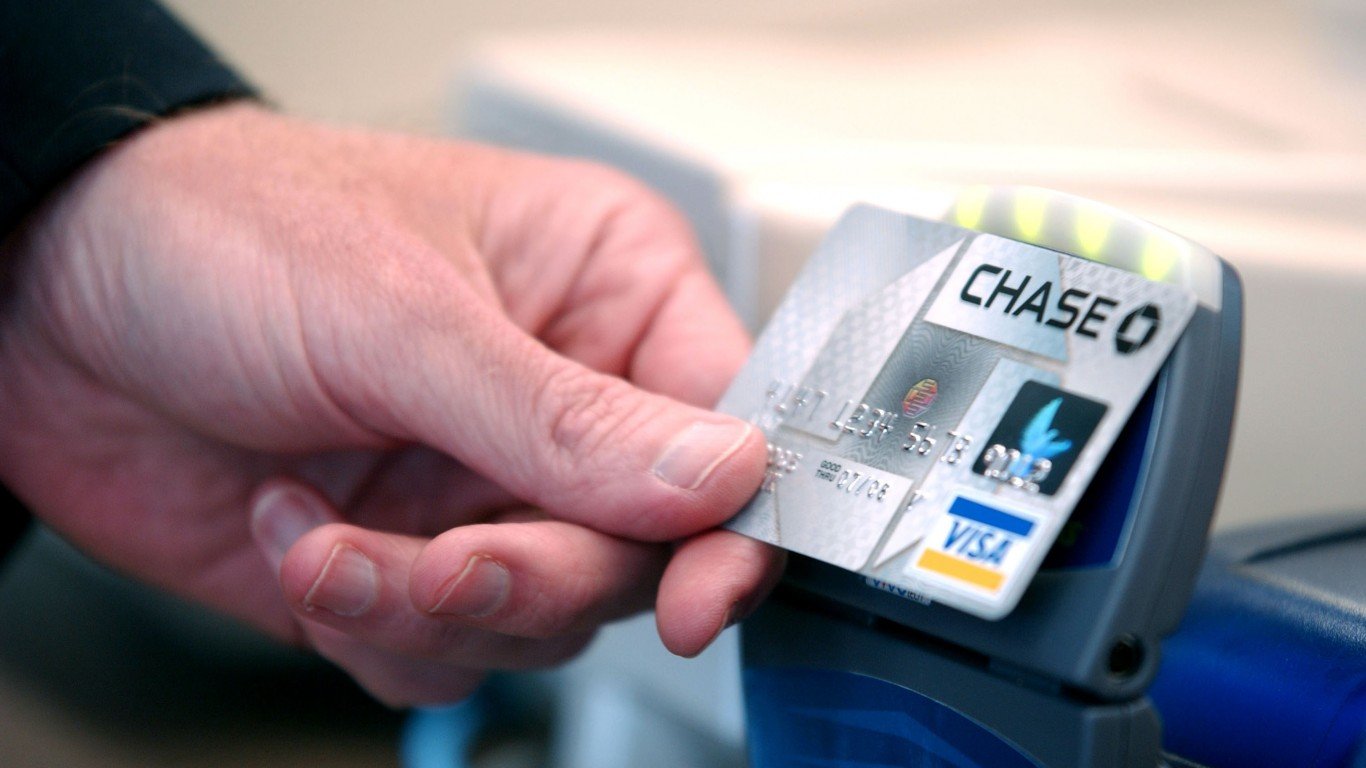

Visa was founded in 1958
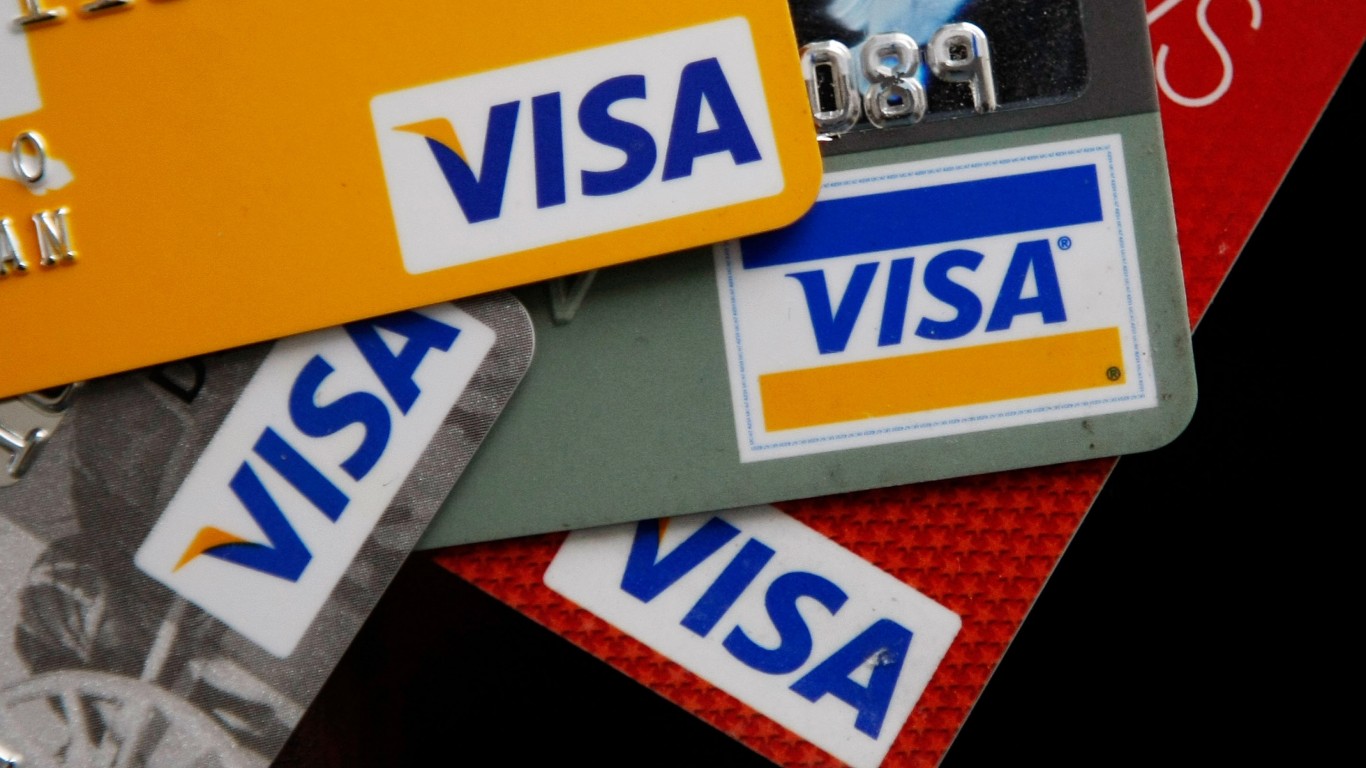
In 1958, Bank of America Corporation (NYSE: BAC) launched Visa Inc. (NYSE: V), the first consumer credit card program in the U.S. While Diners Club was the world’s first multi-purpose credit card, the name tells you pretty much what it was relegated to.
Bank of America started Visa to compete with MasterCard
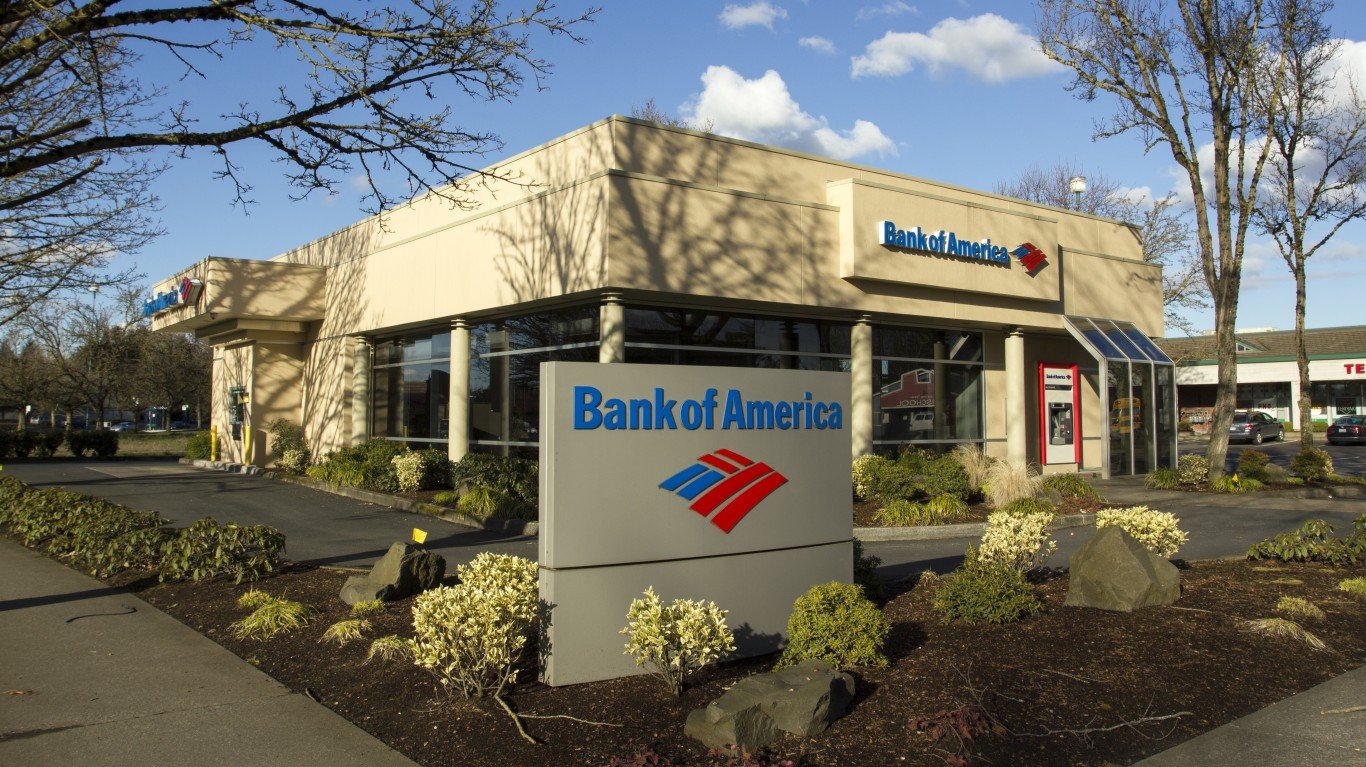
First called BankAmericard, before being renamed Visa in 1976, in addition to competing with MasterCard, Inc. (NYSE: MA), first called Master Charge, Bank of America began licensing the card to other financial institutions in 1966. In 1970, the bank gave up direct control of the BankAmericard program and formed a cooperative with other banks that issued the card.
Visa is the world’s second-largest card payment company
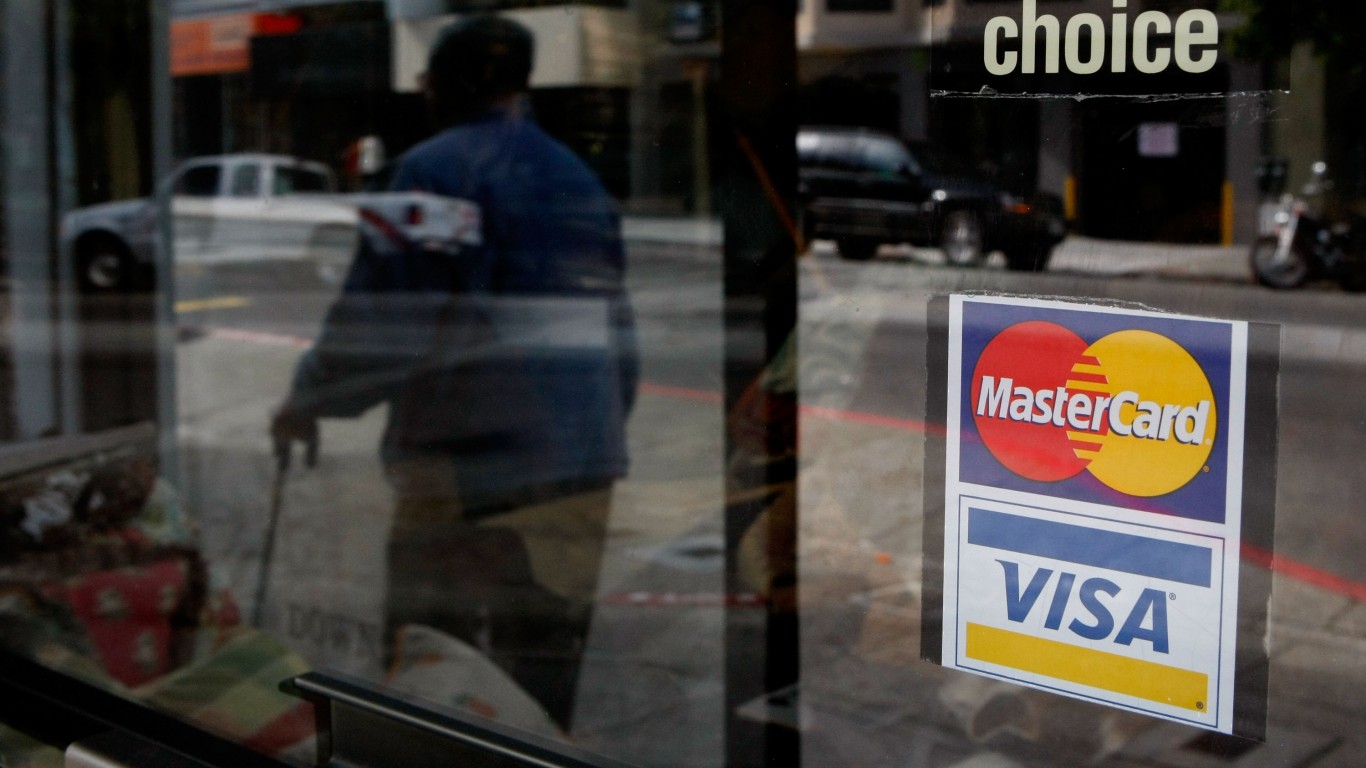
When you combine debit and credit cards, the company is the second largest globally, behind only China Union Play, which took over the title in 2015.
While the stock has done very well over the years, we dug in deep to see if investors should own the shares now. We found six reasons investors may want to wait to buy company shares.
Visa stock is expensive

Trading at a lofty 31.26 times trailing earnings, the shares have become expensive. In addition, selling less than $5 below a 52-week high may not be the time to grab the shares.
The dividend paid to shareholders is very low.

Yielding a meager 0.81% dividend will not prove attractive to investors looking for passive income. Plus, with the stock just below 52-week highs, 1000 shares will cost a quarter of a million dollars and only pay just over $2000 in income.
Warren Buffett owns Visa stock in Berkshire Hathaway

While the “Oracle of Omaha” has a small position in the stock, he has traded in and out of it over the years and sold a huge chunk of it in late 2021. That chunk was a stunning 1.27 million shares, and probably a sale he regrets after the spectacular rise over the last two years.
The inflation benefit is going away
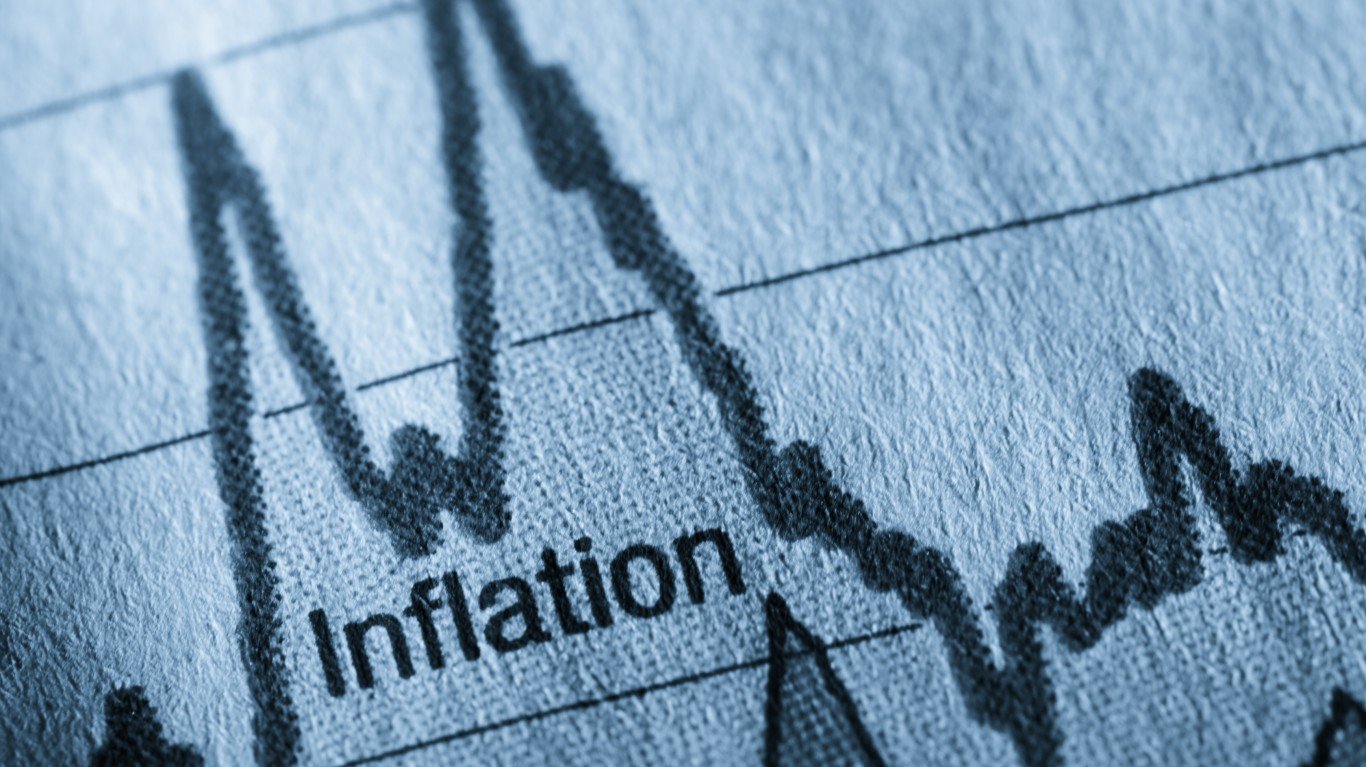
The raging U.S. inflation has been a tailwind for the stock for the last few years. 70% of the company’s revenue considers inflation as the fees charged are based on total consumer spending.
Consumers are starting to pay more cash
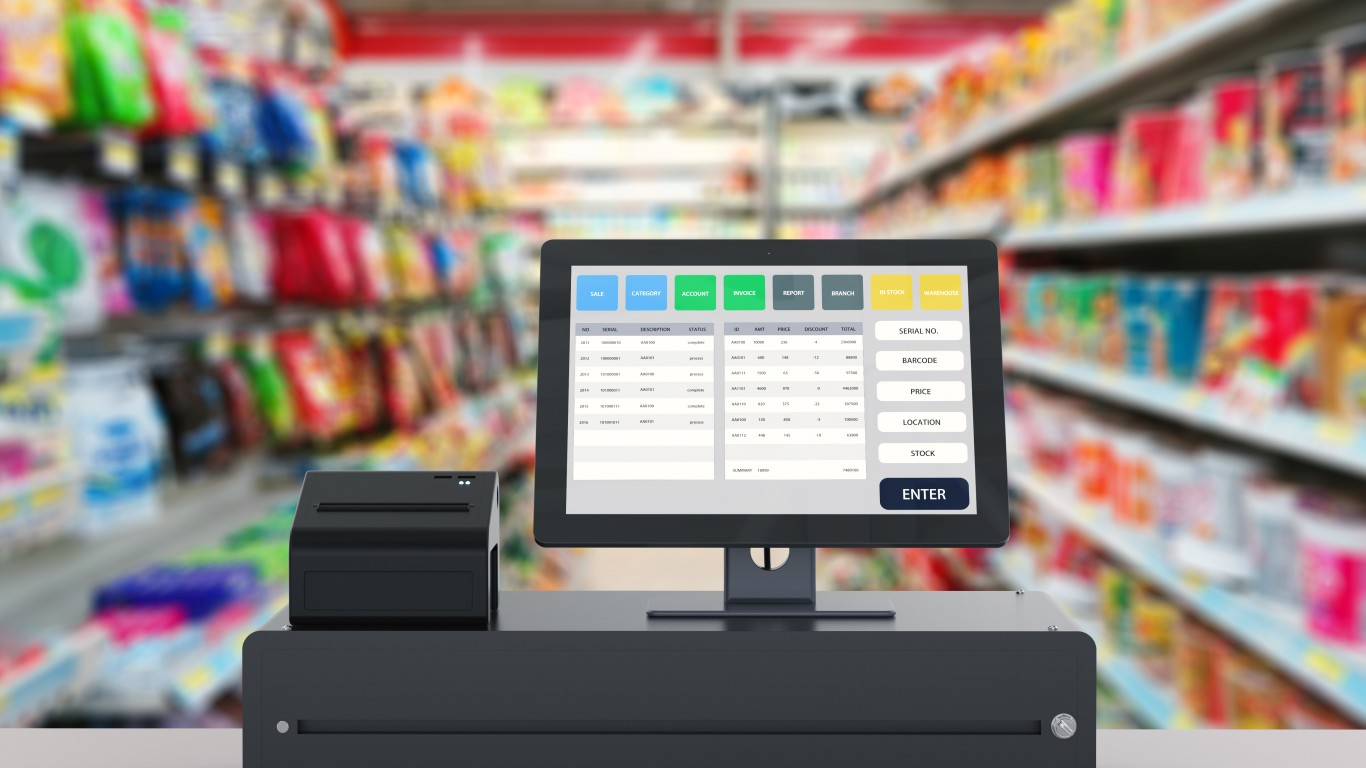
With more and more retail outlets passing along credit card fees to their customers, many frustrated consumers are paying cash for their purchases. This is significantly more prevalent at petite mom-and-pop retailers and services that are hit harder by the fees, ranging from 1.3% to 3.5%.
While the stock has been a solid investment over the last decade, buying shares at an all-time high doesn’t make sense. Investors should look for a 15% to 20% pullback before taking the Visa plunge. The $200 to $215 level might be a place to nibble at the stock.
Sponsored: Want to Retire Early? Here’s a Great First Step
Want retirement to come a few years earlier than you’d planned? Or are you ready to retire now, but want an extra set of eyes on your finances?
Now you can speak with up to 3 financial experts in your area for FREE. By simply clicking here you can begin to match with financial professionals who can help you build your plan to retire early. And the best part? The first conversation with them is free.
Click here to match with up to 3 financial pros who would be excited to help you make financial decisions.
Thank you for reading! Have some feedback for us?
Contact the 24/7 Wall St. editorial team.



